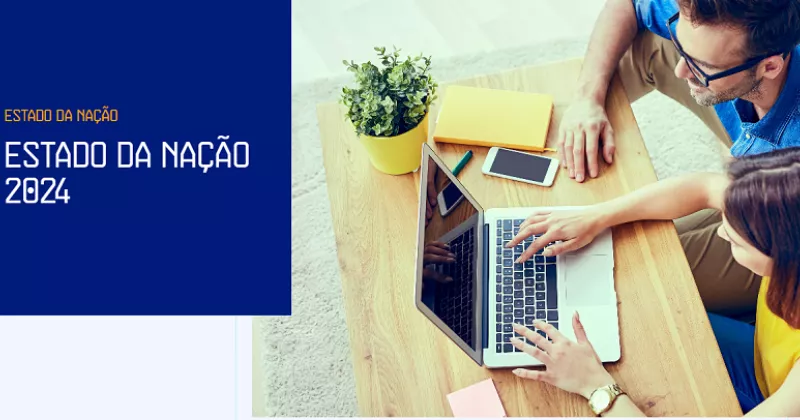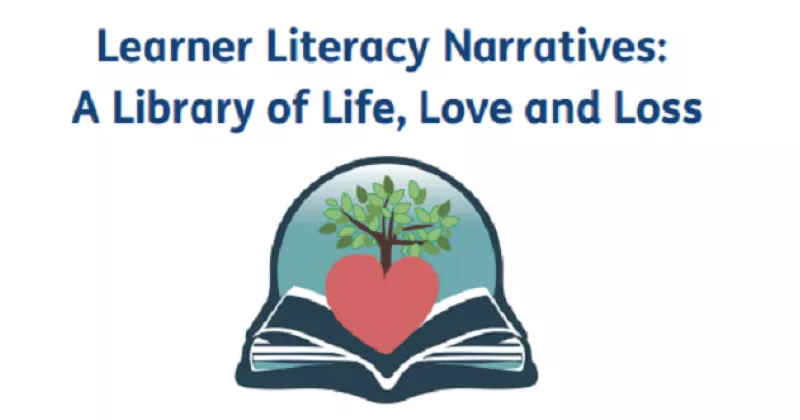’’How old are you?’’ Navigating Psychosocial Resilience in Adult Education for Democratic Culture
We are growing old. The global population of people aged 65 years or older is projected to undergo a twofold increase in the next 30 years, reaching 1.6 billion by 2050, when older people will constitute more than 16 per cent of the global population (The World Social Report 2023: Leaving No One Behind In An Ageing World). In other words, people getting older is a global trend, and we are becoming older than ever before. This phenomenon has mainly been caused by the numerous scientific and medical breakthroughs and fantastic technological advancements which allowed people to shift their focus from bare survival and poor nutrition to more sustainable lifestyles leading to longer life expectancy.
However, statistics reveal significant disparities in people’s access to health care, as not everyone benefits equally. People with limited income and poor education are less likely to get the needed support, especially in times of crisis. The COVID-19 pandemic exposed the weaknesses in our access to health support, at the same time underpinning how ill-informed we are when it comes to self-care and self-protection. When the crisis the world faced in 2020 showed signs of indefinite duration or unclear prospects, it became clear that we lacked both readiness and resources to tackle the problems efficiently. What is more, when left to cope on their own in lockdowns, many people felt that they should have been better prepared for the crises.
The key to addressing these issues might be found in capacity building in adult education, which would directly address the improvement of competences in well-being and self-care. This is confirmed by UNESCO’s Global Report on Adult Learning and Education, which states that people with more education are more likely to have a greater understanding of their health, a better understanding of treatments available to them, and more skills to manage their health. Similarly, the Manifesto for Adult Learning for the 21st Century lists Health and Well-being as one of the 9 European challenges that need to be thoroughly addressed in future. Finally, the Council of Europe (which happens to be turning 75 this year, thus joining the global ageing trend and becoming ’A SENIOR CITIZEN’) has developed The Reference Framework of Competences for Democratic Culture (RFCDC) which contains detailed guidance for education practitioners on how the model of competences and the descriptors can be used to create more effective education systems for promoting learners’ competences for democratic culture for democratic life. Once you read it, you realize that all values, attitudes and knowledge mentioned in this framework might be best summarised in one word – resilience.
Enhancing resilience (digital and psychological) in an academic context is the main priority of the ERASMUS + program I have been involved in in the past 2 years. Namely, using the framework for peer support in times of crises (when professional help is lacking or is out of reach), 3 European universities decided to design a network which would allow university students and staff to provide initial support to each other in times of crises (https://digipsyres.kg.ac.rs/ ). As the project is approaching its final phase this year, it becomes apparent that such support has been much needed in educational settings, in colleges and universities where thousands of adults study and work, because they are the ones who become vulnerable when exposed to a crisis if dislocated from their homes and families for a longer period. University students and staff need to acquire skills to provide initial self-help to each other to be able to recover from stress, enhance resilience and/or maintain their well-being. By this kind of educational intervention, what we are doing is protecting democracy through education, as higher education plays a crucial role in developing a democratic culture which teaches people how to access health care despite inequalities and social disparities. To further strengthen this idea of easier access to psychosocial support as a means of democratisation, our 3 teams involved in this project (the University in Kragujevac, Serbia, The Kazimierz Wielki University, Poland and the University of Foggia, Italy) have been developing a portal (https://studentresnet.kg.ac.rs/ ) that will serve as a free resource hub for both support seekers and support providers, allowing dozens of thousands of adult learners to access materials, courses and workshops developed by professionals behind these 3 universities. Once the portal is finished (hopefully, by the end of the year), we might have a new, fresh perspective on how adult education can engage for the democracy that falls within the scope of the world’s future well-being.
To conclude the story of resilience, here is what I’ve learned: some people struggle to overcome a crisis. Other people appear less vulnerable and can withstand. However, these two states are interchangeable with all of us and may appear and disappear, in a constant tidal flow that seamlessly splashes our inner selves. Becoming resilient can be taught and should be practised. The health of our societies will largely depend on adult education, as a healthier population works better and longer. And such a population, despite growing old, is, in fact, happier.
Resources cited:
- UNESCO, Third Global Report on Adult Learning and Education. [online] Hamburg: UNESCO Institute for Lifelong Learning., 2016. Available at: 3rd global report on adult learning and education: the impact of adult learning and education on health and well-being, employment and the labour market, and social, civic and community life - UNESCO Digital Library
- World Social Report 2023: Leaving No One Behind In An Ageing World, 2023. Available at: https://desapublications.un.org/publications/world-social-report-2023-leaving-no-one-behind-ageing-world
- EAEA: Manifesto for Adult Learning in the 21st Century: The Power and Joy of Learning, 2019. Available at: eaea_manifesto_final_web_version_290319.pdf
- COUNCIL OF EUROPE, The Reference Framework of Competences for Democratic Culture (RFCDC). Available at: https://www.coe.int/en/web/reference-framework-of-competences-for-democratic-culture
- Erasmus + project ’’Enhancing digital and psychological resilience through peer networking in the online environment in times of crises’’, Available at: https://digipsyres.kg.ac.rs/
- DigiPsyResPortal, Available at: https://studentresnet.kg.ac.rs/




